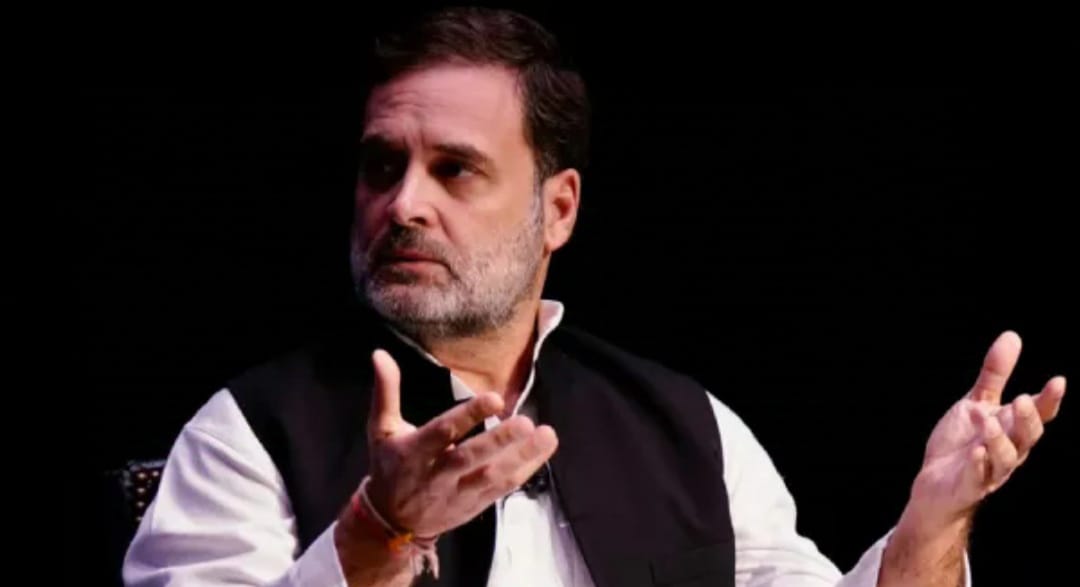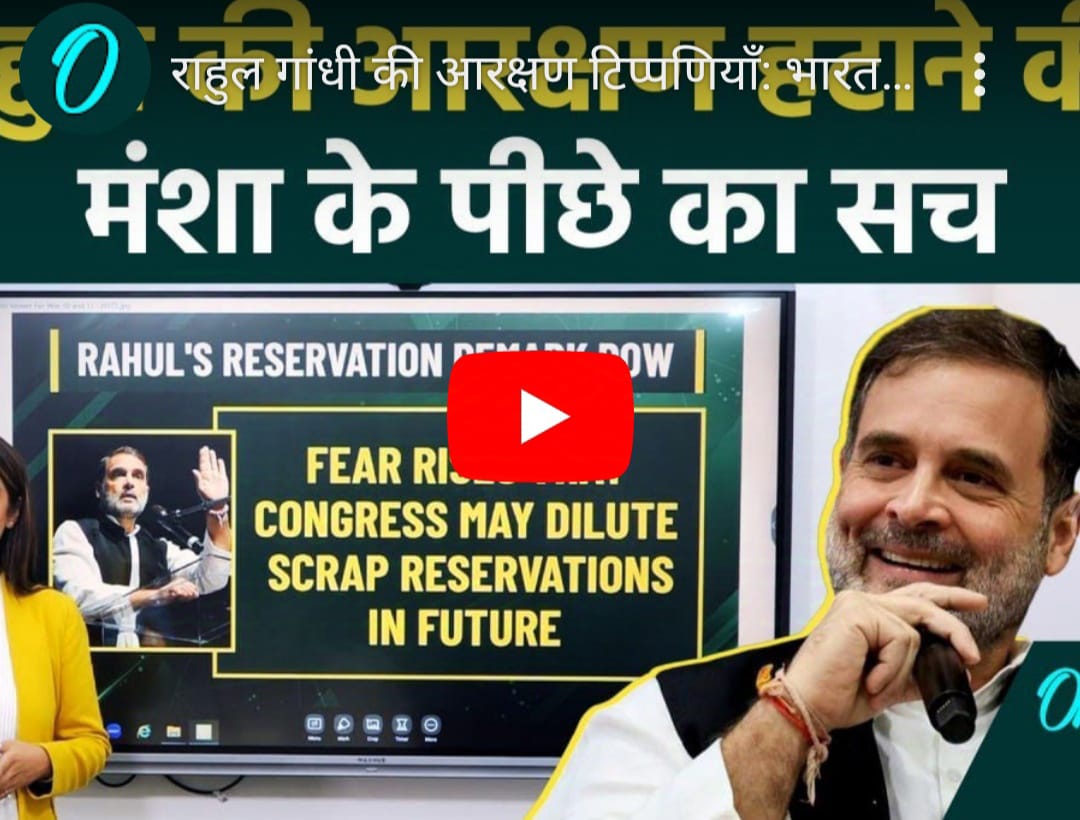
Rahul Gandhi’s Comments On Scrapping Reservations: 'A Threat' To Affirmative Action In India
Historical Opposition to Affirmative Action
The congress party has a complicated relationship with reservations and affirmative action. Although congress has often positioned itself as the champion of marginalized groups, a closer examination of history reveals a more complex narrative. Jawaharlal Nehru, one of the pioneering leaders of the congress party, was hesitant to implement widespread affirmative action.

Later, Indira Gandhi's tenure was also fraught with resistance to significant reservation policies. Rajiv Gandhi, the former Prime Minister, and Rahul Gandhi's father, made controversial remarks, even calling OBCs "buddhu" (foolish), which sparked outrage among backward communities.
This historical opposition has continued to shadow the congress party, raising questions about its commitment to truly empowering marginalized groups like SCs (Scheduled Castes), STs (Scheduled Tribes), and OBCs (Other Backward Classes).
Rahul Gandhi's recent remarks suggest a similar line of thought, sparking fears that congress may be willing to scrap or dilute reservation policies if given the chance.
The Critical Need for Affirmative Action
India is a deeply stratified society with complex layers of caste, class, and religion shaping social mobility. Despite decades of economic and social reforms, caste-based inequality remains a stark reality. Affirmative action in the form of reservations for SC, ST, and OBC communities has been a cornerstone of India's efforts to level the playing field, offering opportunities in education, employment, and political representation to historically disadvantaged groups.
The need for reservations is as pressing today as it was when they were first introduced. india is far from being a "fair place" where meritocracy alone can drive social mobility. Discrimination based on caste and socioeconomic status continues to limit access to education, employment, and basic rights for millions. In such a context, affirmative action is not just a tool for empowerment but a moral necessity for correcting historical wrongs. The bjp government has been introducing several policies and schemes for bringing parity.
Congress's Track Record: A Cause for Concern?
Critics of the congress party argue that Rahul Gandhi's comments are consistent with a long-standing agenda to weaken affirmative action. Many point to Congress's role in reversing judicial judgments and introducing policies that have, at times, disadvantaged SCs, STs, and OBCs in favor of minority groups.
For instance, Congress's 93rd Amendment, introduced in december 2005, exempted minority institutions from complying with constitutionally mandated reservations. This move was seen by many as an attempt to secure political gains by favoring minorities over historically marginalized groups.
Additionally, Congress's handling of reservations in government-funded institutions like aligarh Muslim university and Jamia Millia Islamia further alienated SCs, STs, and OBCs, as the party seemed to prioritize minority appeasement over inclusive affirmative action.
The criticism extends to the belief that the congress party, including rahul Gandhi, views reservations as a tool to divide Hindu communities while consolidating minority votes, particularly Muslims. This narrative, while controversial, has gained traction among those who see the party's stance on reservations as more politically motivated than socially driven.

The Larger Implications
Rahul Gandhi's comments, whether intentional or not, open the door to larger discussions about the future of affirmative action in India. If the congress party is truly considering scrapping reservations in the future, it raises serious questions about the potential fallout on India's social fabric. Can a country as diverse and historically unequal as india afford to eliminate one of its key tools for ensuring equity and representation?
The Bottomline
Rahul Gandhi's remark that india is "not a fair place" inadvertently highlights the importance of maintaining affirmative action policies. However, the notion of "scrapping reservations" once fairness is achieved is problematic.
Fairness in a society as large and diverse as india cannot be viewed as a static goal that can be achieved in a certain timeframe. It is an ongoing process, requiring constant efforts to address deep-seated inequalities.
For india, the path to fairness is long and complex, and affirmative action remains a critical part of the journey. Scrapping reservations prematurely could reverse decades of progress, leaving the most vulnerable even further behind.




 click and follow Indiaherald WhatsApp channel
click and follow Indiaherald WhatsApp channel